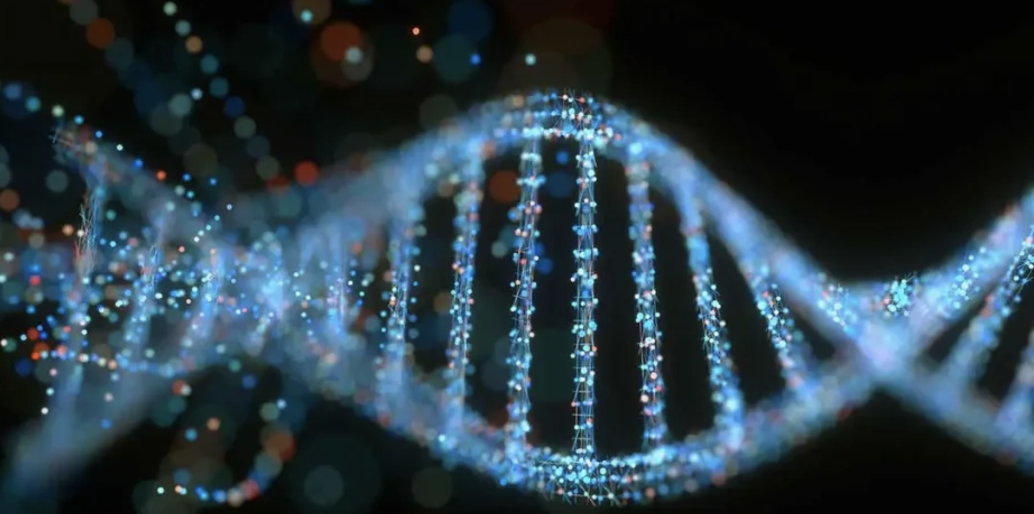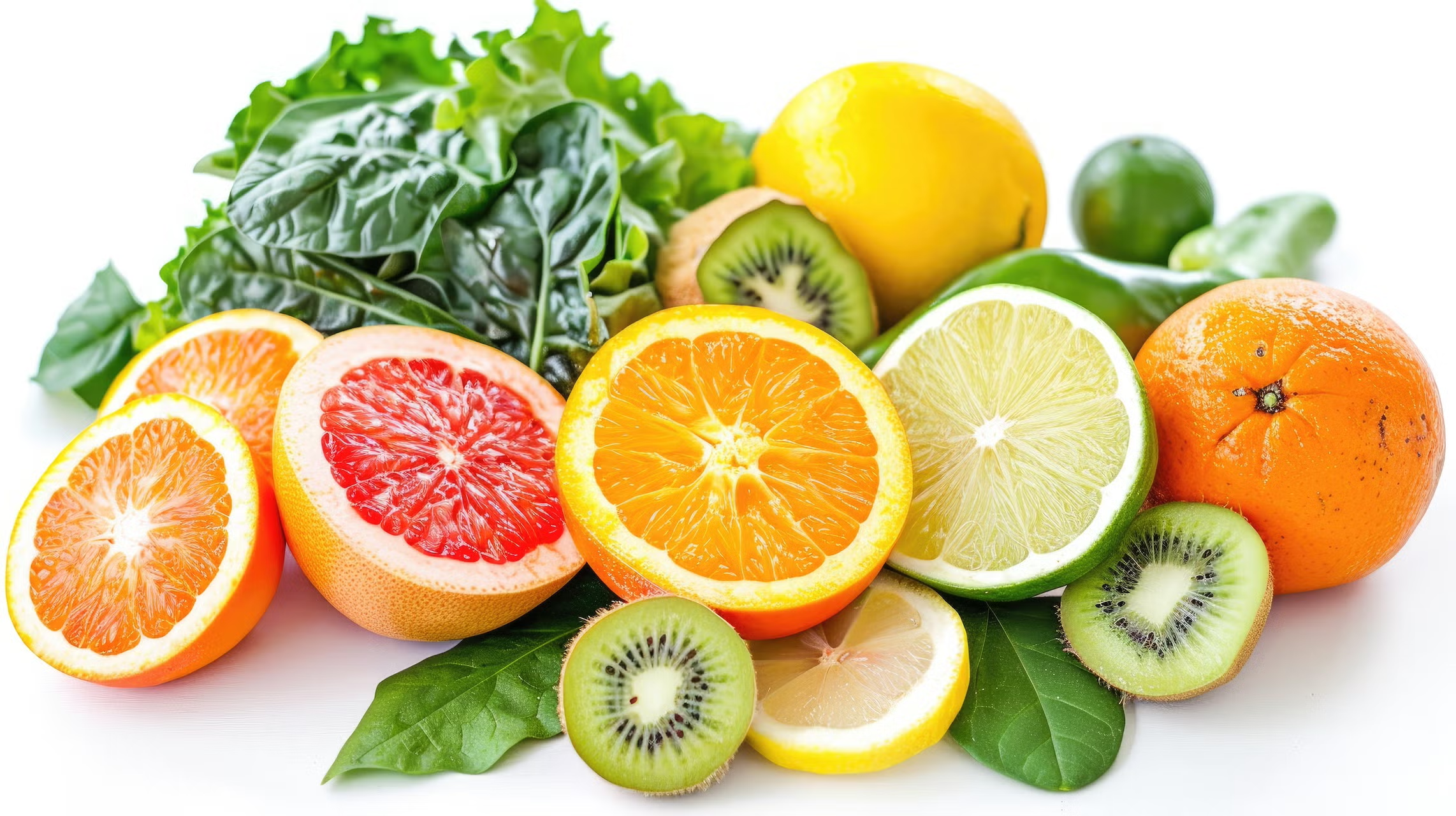With so many diets available, it can be challenging to decide which is the best fit for your lifestyle and health goals. In this comparison, we’ll break down the key components, benefits, and potential drawbacks of four popular diet plans: the Mediterranean Diet, Keto Diet, Paleo Diet, and Vegan Diet.
Mediterranean Diet
Overview: The Mediterranean diet is based on the traditional eating habits of people in countries like Greece and Italy. It emphasizes plant-based foods, healthy fats (especially olive oil), whole grains, and moderate consumption of fish and poultry.
- Main Foods: Vegetables, fruits, whole grains, olive oil, legumes, nuts, seafood, moderate dairy.
- Benefits:
- Heart Health: Proven to reduce the risk of heart disease by lowering LDL cholesterol.
- Longevity: Linked to longer life expectancy due to its anti-inflammatory and nutrient-rich nature.
- Brain Health: May protect against cognitive decline and Alzheimer’s(All Nutritious).
- Drawbacks: It may not promote rapid weight loss as it focuses on sustainable, long-term changes rather than quick results.
Keto Diet
Overview: The Keto diet (short for ketogenic) is a high-fat, low-carbohydrate diet designed to force the body into a state of ketosis, where it burns fat for fuel instead of carbohydrates.
- Main Foods: High-fat foods (avocado, butter, oils), meat, cheese, nuts, and low-carb vegetables. Carbs are limited to 5-10% of daily intake.
- Benefits:
- Drawbacks:
- Restrictive: Eliminates many healthy foods like fruits, grains, and legumes.
- Side Effects: The “Keto flu,” fatigue, and potential nutrient deficiencies due to low intake of certain vitamins and fiber.
Paleo Diet
Overview: The Paleo diet is based on eating like our Paleolithic ancestors. It emphasizes whole foods and eliminates processed foods, grains, legumes, and dairy.
- Main Foods: Meat, fish, eggs, vegetables, fruits, nuts, and seeds. Excludes grains, legumes, dairy, and processed foods.
- Benefits:
- Improved Gut Health: The elimination of processed foods and grains may benefit digestive health.
- Weight Loss: Many find it easier to lose weight on Paleo due to reduced intake of processed carbs and sugars(All Nutritious).
- Drawbacks:
- Nutrient Gaps: Excludes entire food groups like grains and legumes, which are sources of fiber and essential nutrients.
- Difficult to Sustain: Can be hard to follow long-term, especially for vegetarians or vegans due to its heavy reliance on meat.
Vegan Diet
Overview: A vegan diet excludes all animal products, including meat, dairy, and eggs, and focuses on plant-based foods.
- Main Foods: Vegetables, fruits, legumes, grains, nuts, and seeds. Avoids all animal-derived products.
- Benefits:
- Heart Health: Low in saturated fats and high in fiber, making it heart-healthy.
- Environmental Impact: A vegan diet has a lower environmental footprint compared to diets that include animal products(Noom).
- Drawbacks:
- Nutrient Deficiency Risk: Without careful planning, there can be deficiencies in vitamin B12, iron, and omega-3 fatty acids.
- Restrictive: Can be socially challenging and restrictive, especially in mixed-diet households or while eating out.
Summary of Key Differences
| Diet | Emphasis | Benefits | Drawbacks |
|---|---|---|---|
| Mediterranean | Whole foods, healthy fats | Heart health, long-term sustainability | Slower weight loss |
| Keto | High-fat, low-carb | Rapid weight loss, improved blood sugar | Restrictive, side effects, nutrient gaps |
| Paleo | Whole foods, no grains/dairy | Gut health, weight loss | Excludes grains/legumes, hard to sustain |
| Vegan | Plant-based, no animal products | Heart health, environmental benefits | Risk of nutrient deficiency, restrictive |
Conclusion
The Mediterranean Diet is ideal for those looking for a flexible, heart-healthy lifestyle. The Keto Diet works for people seeking rapid weight loss but can be challenging to maintain. The Paleo Diet emphasizes whole foods but may be too restrictive for some. Finally, the Vegan Diet supports ethical, environmental, and health benefits but requires careful planning to avoid nutrient deficiencies.






